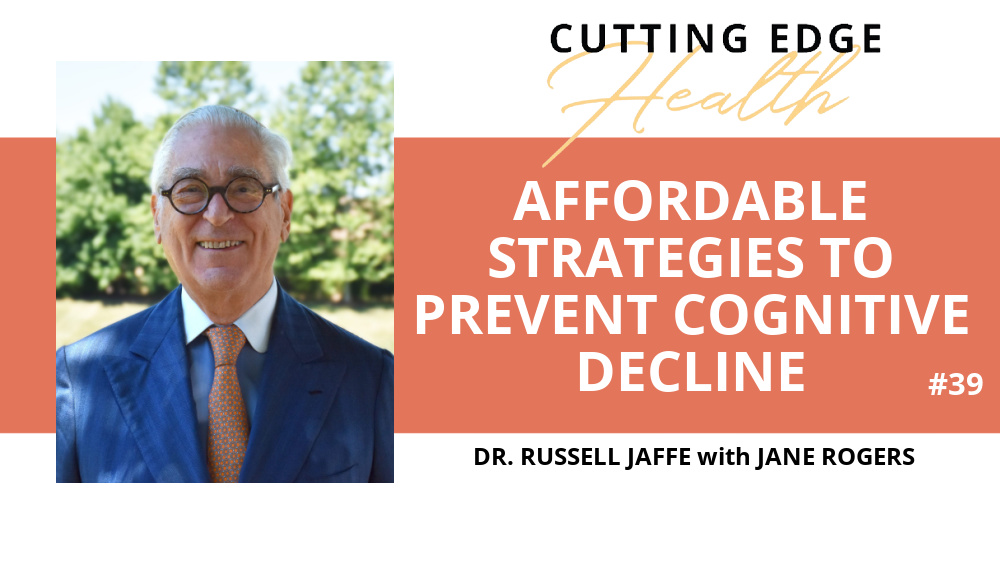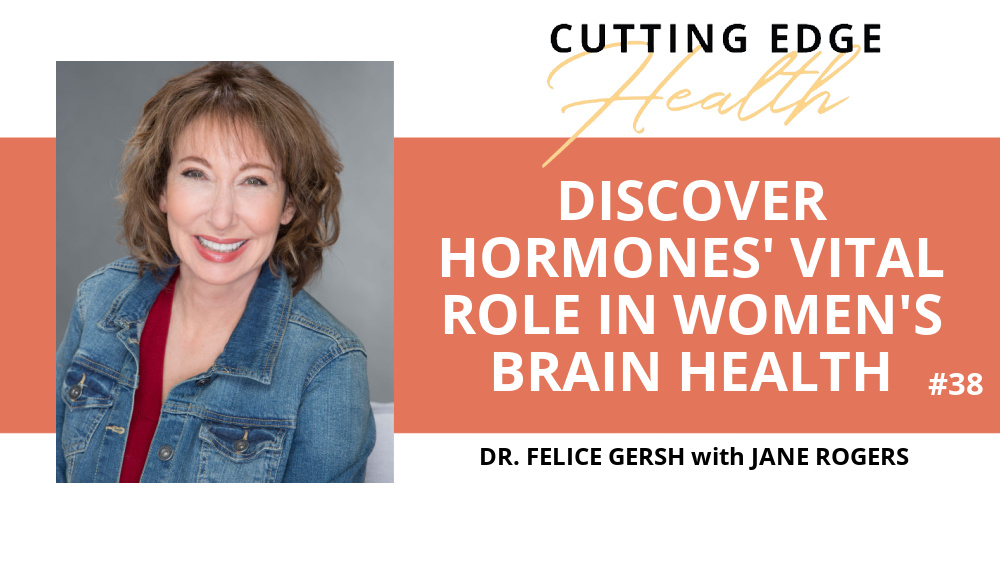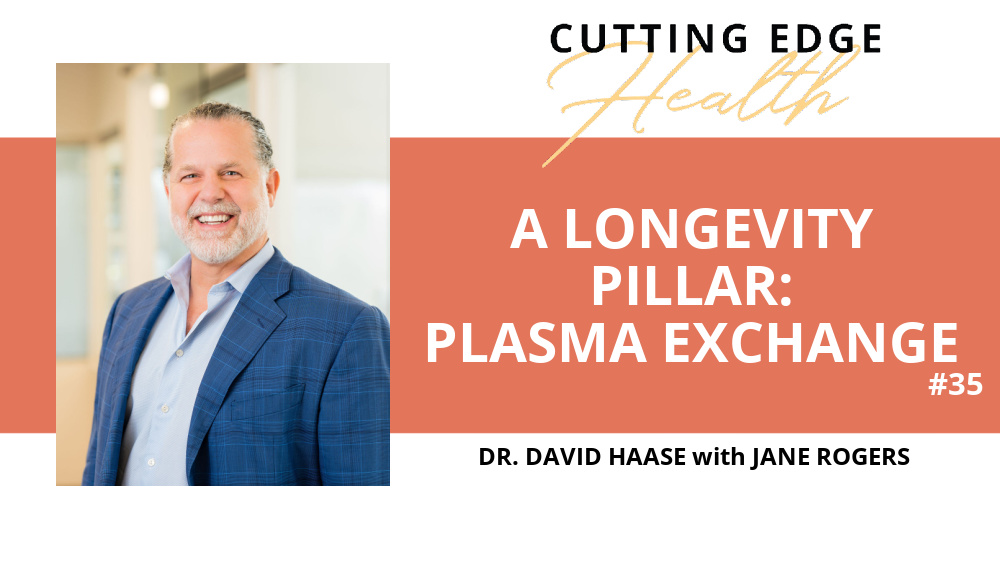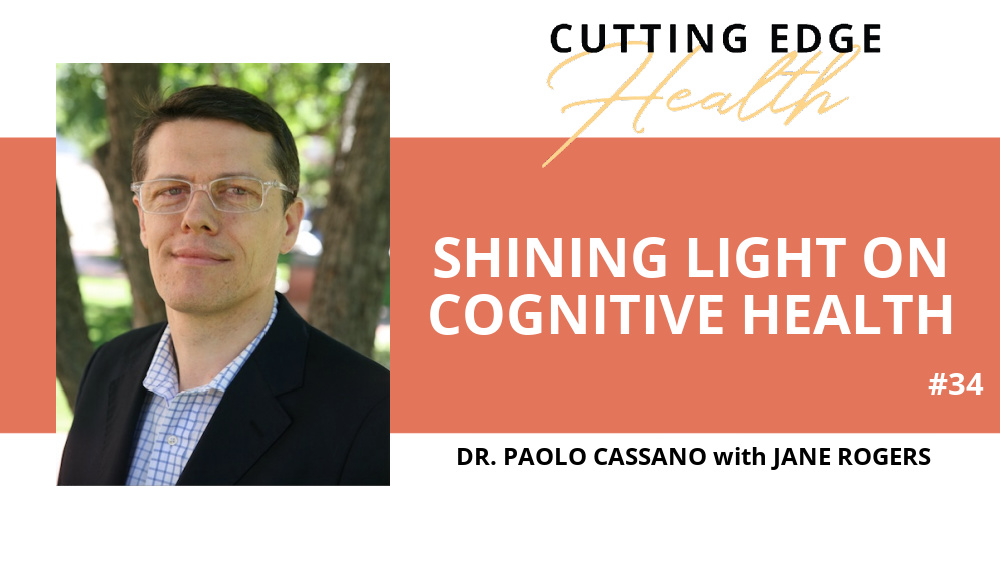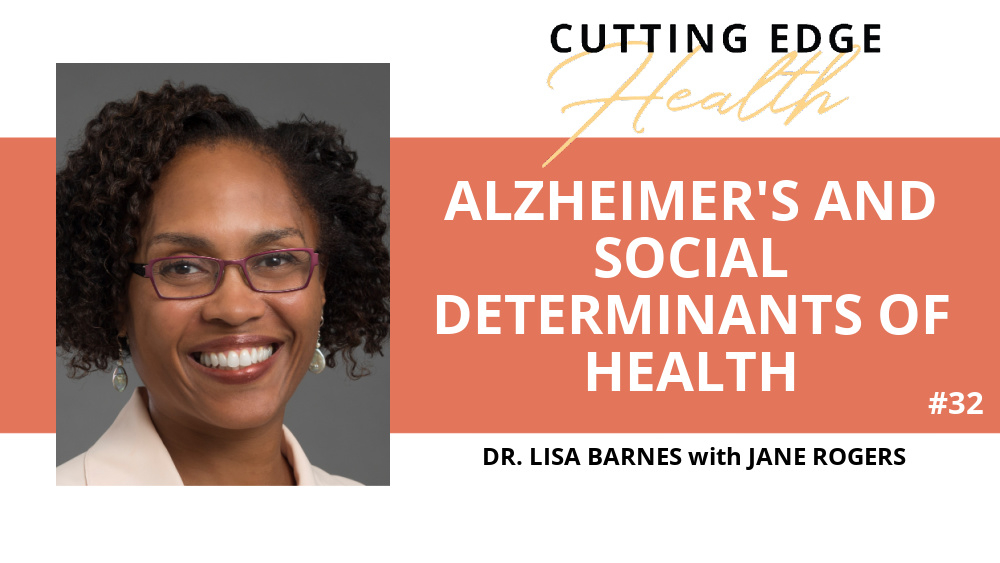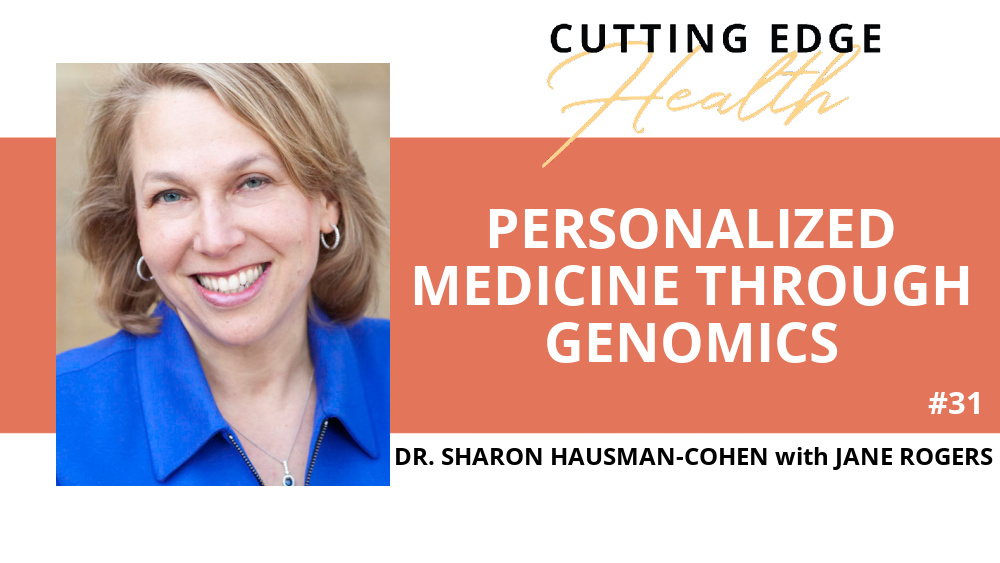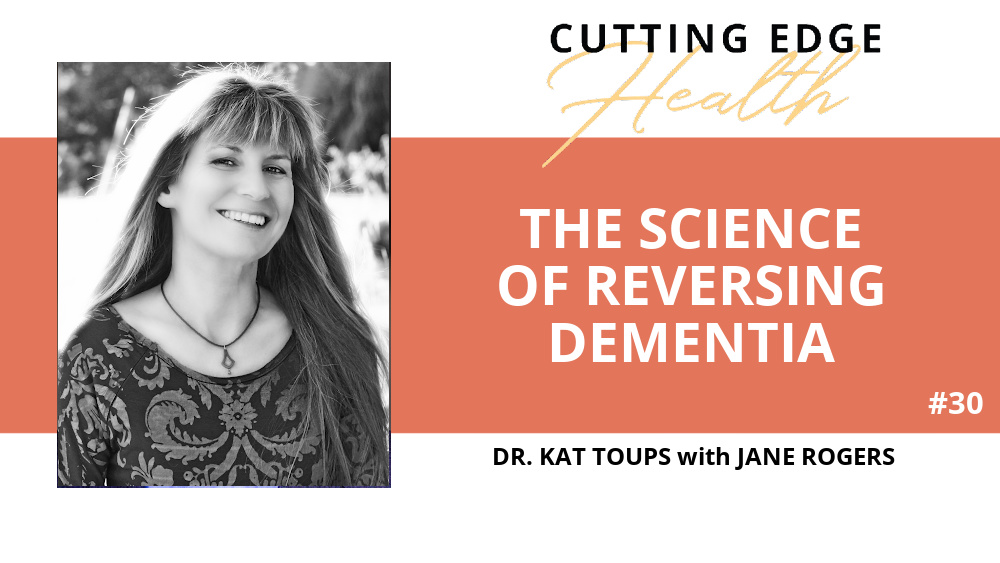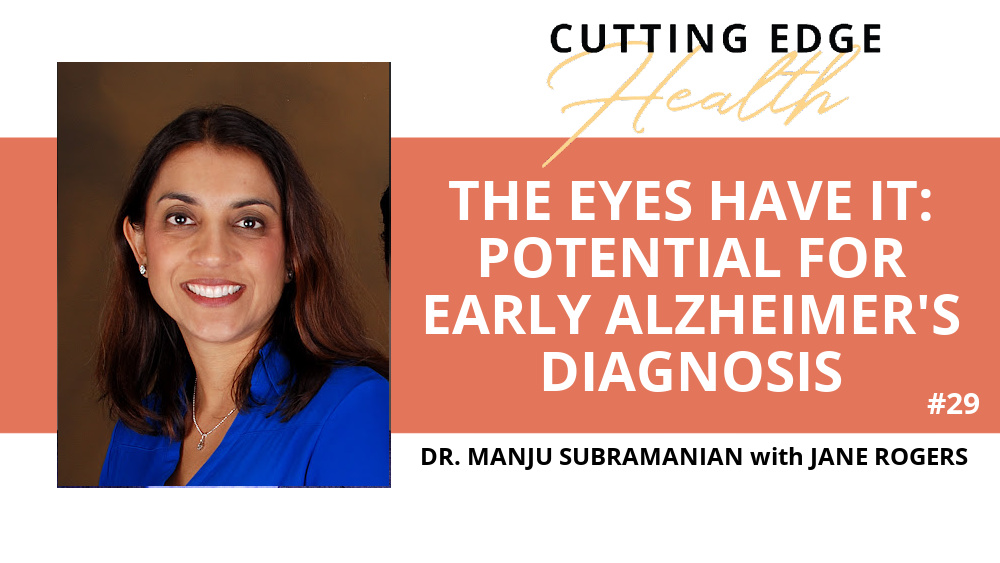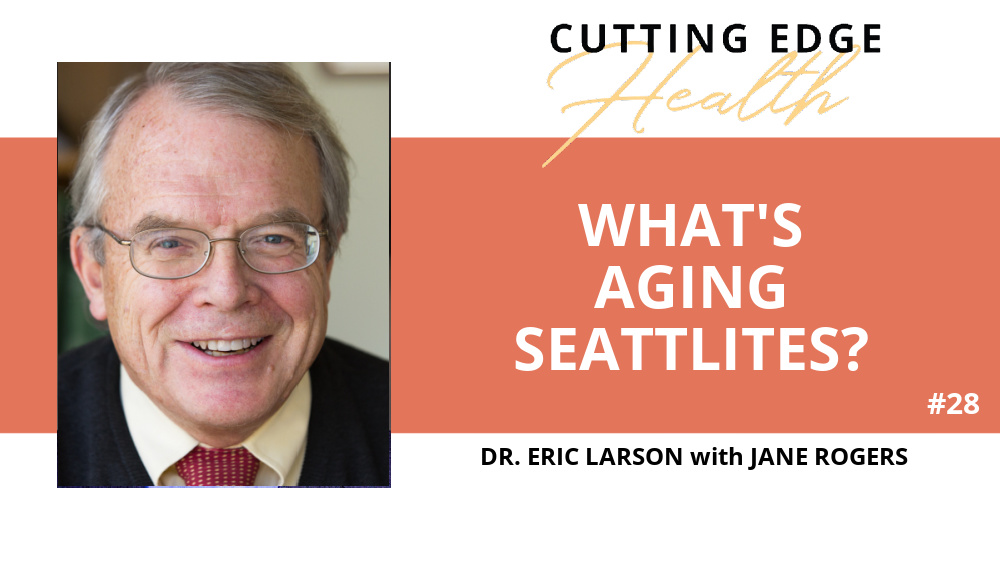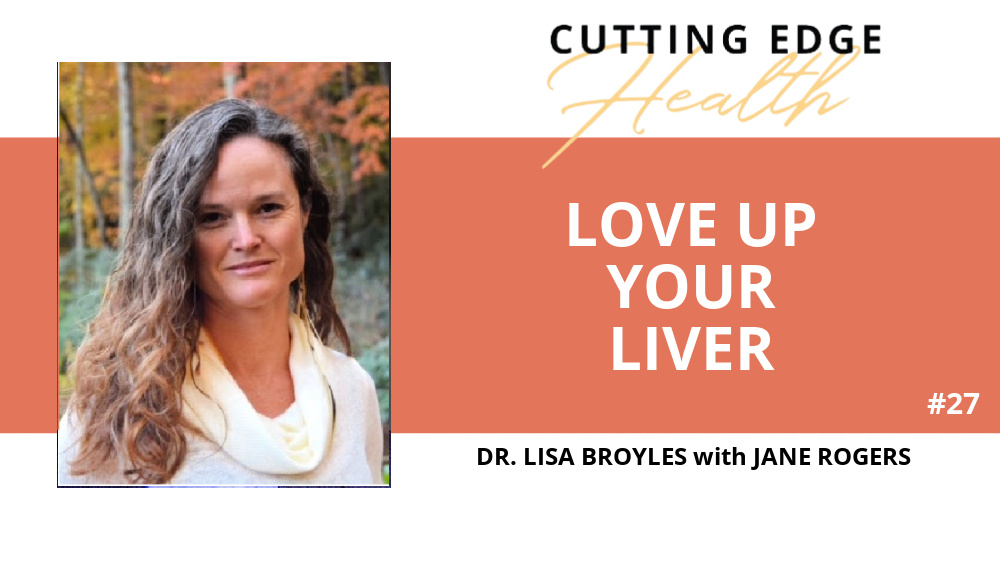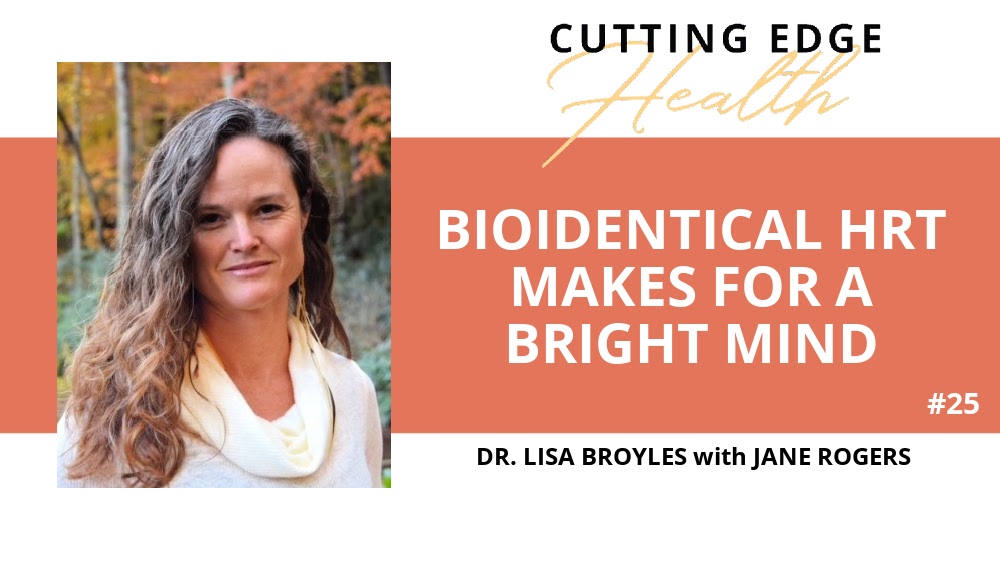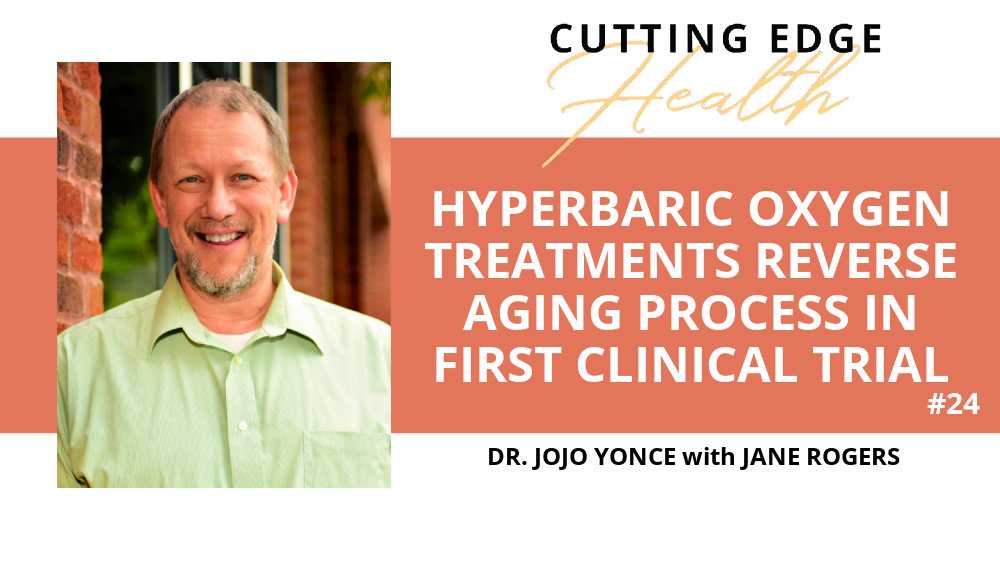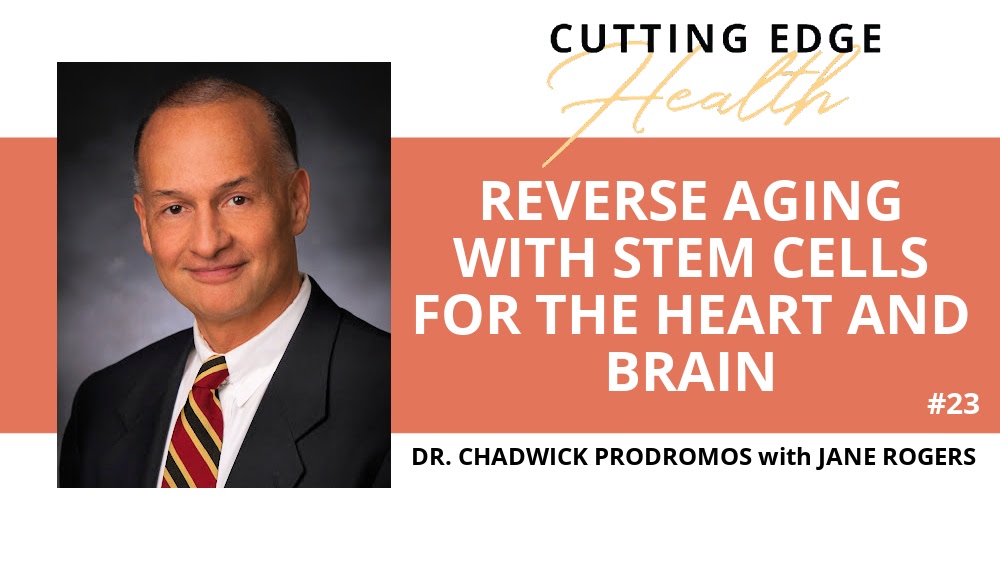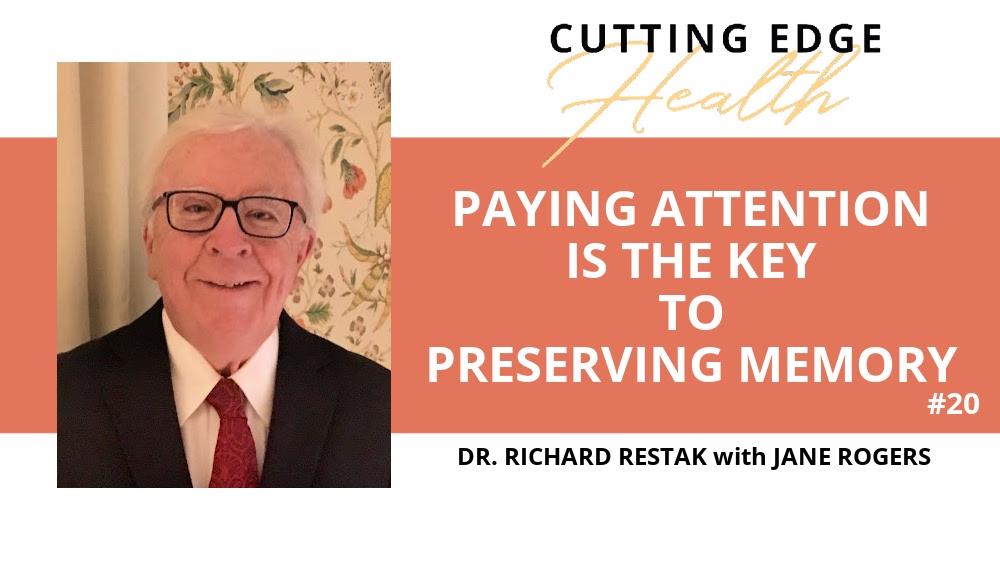EPISODE #29
THE EYES HAVE IT: POTENTIAL FOR EARLY ALZHEIMER'S DIAGNOSIS
Dr. Manju Subramanian
with Jane Rogers
The potential of an eye fluid exam at an optometrist’s office is ideal as it’s non-invasive and not expensive.
If you only have 3 minutes...
Listen to the Audio version of the podcast below. Click the download button (with icon of arrow pointing down) to save a copy to your device and to share with others!
Subscribe to the podcast on the platform of your choice.
What you'll learn in this podcast....
Research at Boston University has led to a discovery of a non-invasive method to diagnose Alzheimer’s. This opens the door in the coming years to possibly detecting the disease in its early stages, decades before real symptoms appear.
Manju Subramanian, MD and her team found that proteins in eye fluids are providing this window to the brain. These eye fluids are confirming pathological brain conditions like dementia in the Alzheimer’s form. Until now, MRIs and lumbar punctures were the tools to aid the clinical diagnosis of Alzheimer’s, but that has meant late detection when the disease is already in place. Alzheimer’s is not actually confirmed until after death and a postmortem examination of the brain is done.
The potential of an eye fluid exam at an optometrist’s office is ideal as it’s non-invasive and not expensive. But it is still several years out before potentially becoming commonplace. More research is needed. Still to be determined in future research is just how early eye fluid proteins become abnormal when dementia is developing.
As they say, the eye is the window to the soul. It is also very much the window to the brain,” says Subramanian.
About Dr. Manju Subramanian
Manju Subramanian is an Associate Professor in Ophthalmology and Vice-Chairman of Faculty Affairs. She is an ophthalmic surgeon specializing in Vitreoretinal Disease and Surgery, and is in academic practice at Boston Medical Center. She also sees patients at the Dedham Ophthalmic Consultants. Her primary areas of clinical interest include medical and surgical management of diabetic retinopathy, age-related macular degeneration, retinal detachments, hereditary retinal diseases, ocular inflammation, and ocular trauma. Dr. Subramanian graduated from the University of Missouri School of Medicine and completed her residency at the University of Kansas Medical Center in 2002. She completed a fellowship in Vitreoretinal Disease and Surgery at Tufts University School of Medicine and Ophthalmic Consultants of Boston in 2004.
Dr. Subramanian’s research interests include the study of eye-based biomarkers for Alzheimer’s Disease (AD), age-related macular degeneration, diabetic retinopathy, and the role of anesthesia in eye surgery. She was Principal Investigator for the first head to head clinical trial comparing the use of bevacizumab and ranibizumab in the treatment of age-related macular degeneration, and she is currently the Principal Investigator for a study assessing the role of oral sedation in eye surgery. She is also a recent recipient of an R03 Grant Award by the National Institutes of Aging as the Principal Investigator of a study looking at protein biomarkers for AD in the eye.
In her role as Vice-Chairman of Faculty Affairs at Boston University Eye Associates, she works in a supportive role in the professional and career development and engagement of the clinical faculty. Prior to 2017, she served as the Vice-Chairman of Clinical Services for 8 years. She serves on several institutional committees, including the Women’s Leadership Advisory Council, the Boston University Medical Group (BUMG) Research Committee, the BU School of Medicine Promotion Criteria Working Group, and also serves as Chair of the BUMG Professional Development Committee. She additionally serves on national committees, such as the International Meetings Committee for the American Academy of Ophthalmology (AAO), the Diversity Initiatives Committee for the Association for Research in Vision and Ophthalmology (ARVO), and a Special Emphasis Panel for a Study Section with the National Institutes of Health.
- Never miss an episode! Subscribe and follow on your favorite distribution channel.
- Feedback and questions to hello@cuttingedgehealth.com
- Our team would be honored and grateful, if you could leave a 5-star rating on Apple Podcasts.






